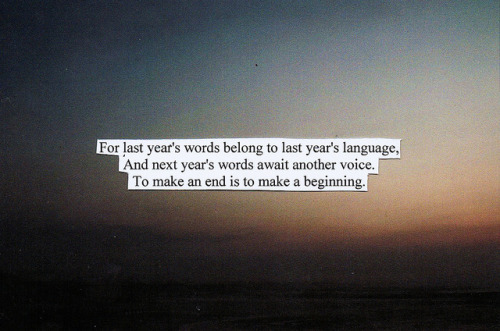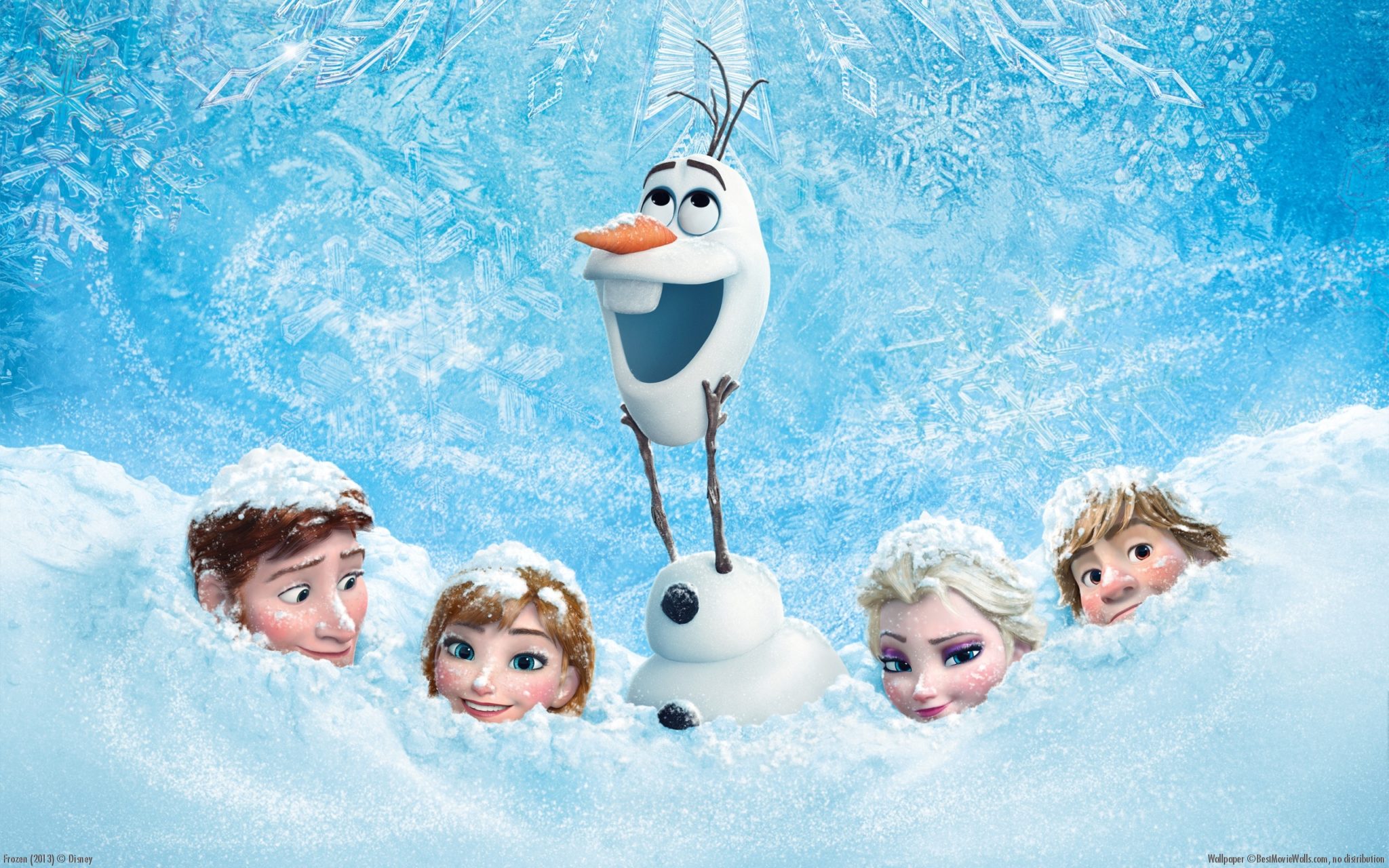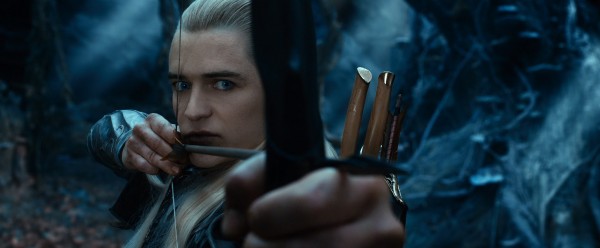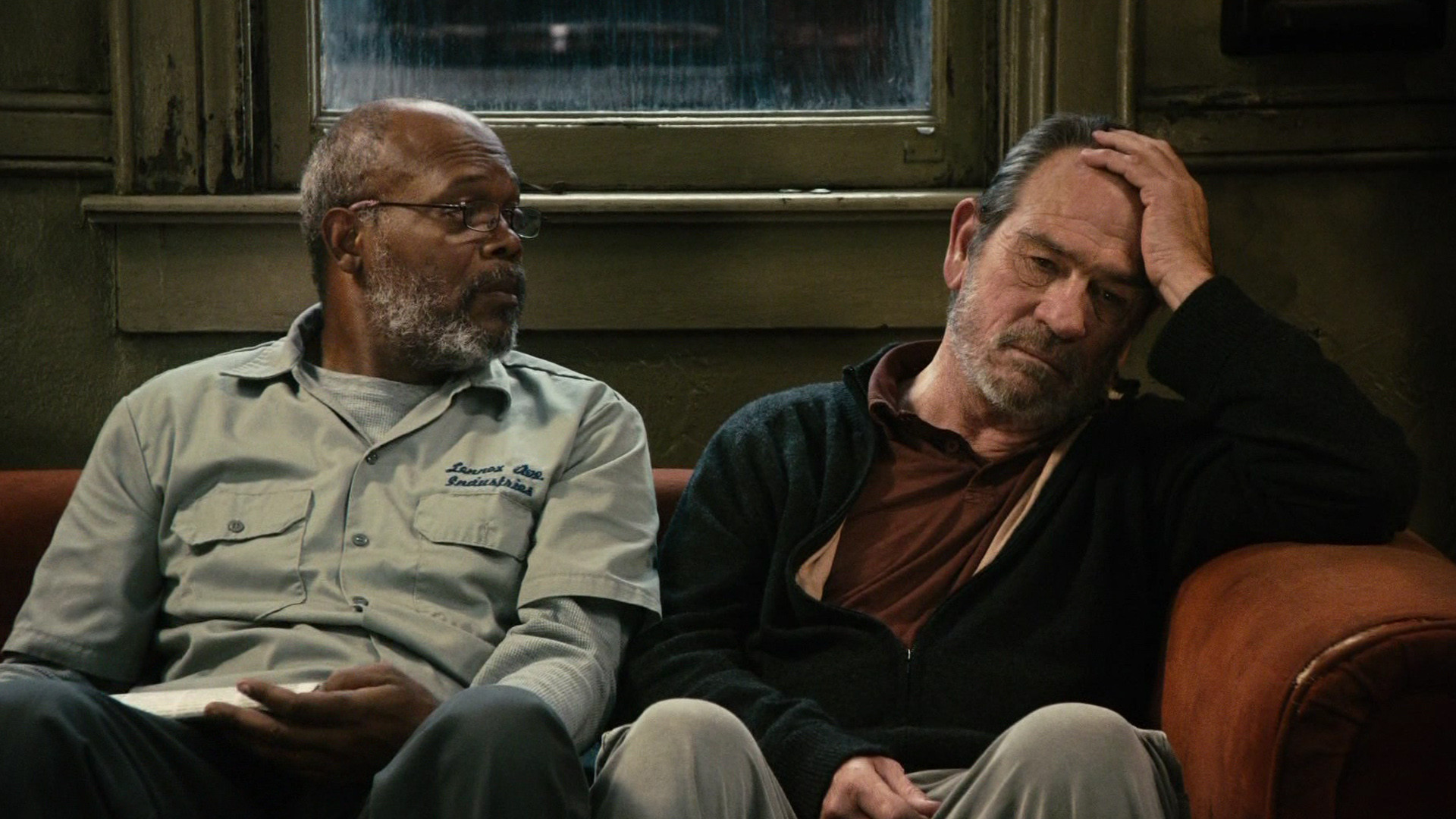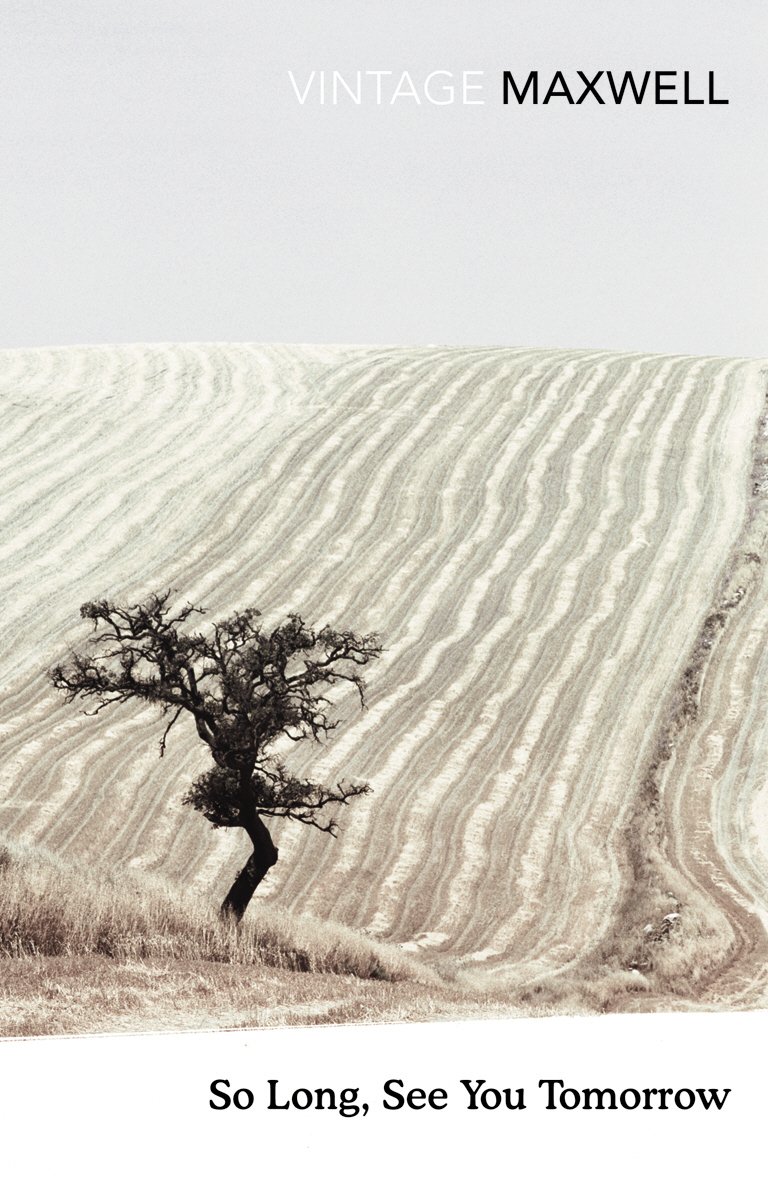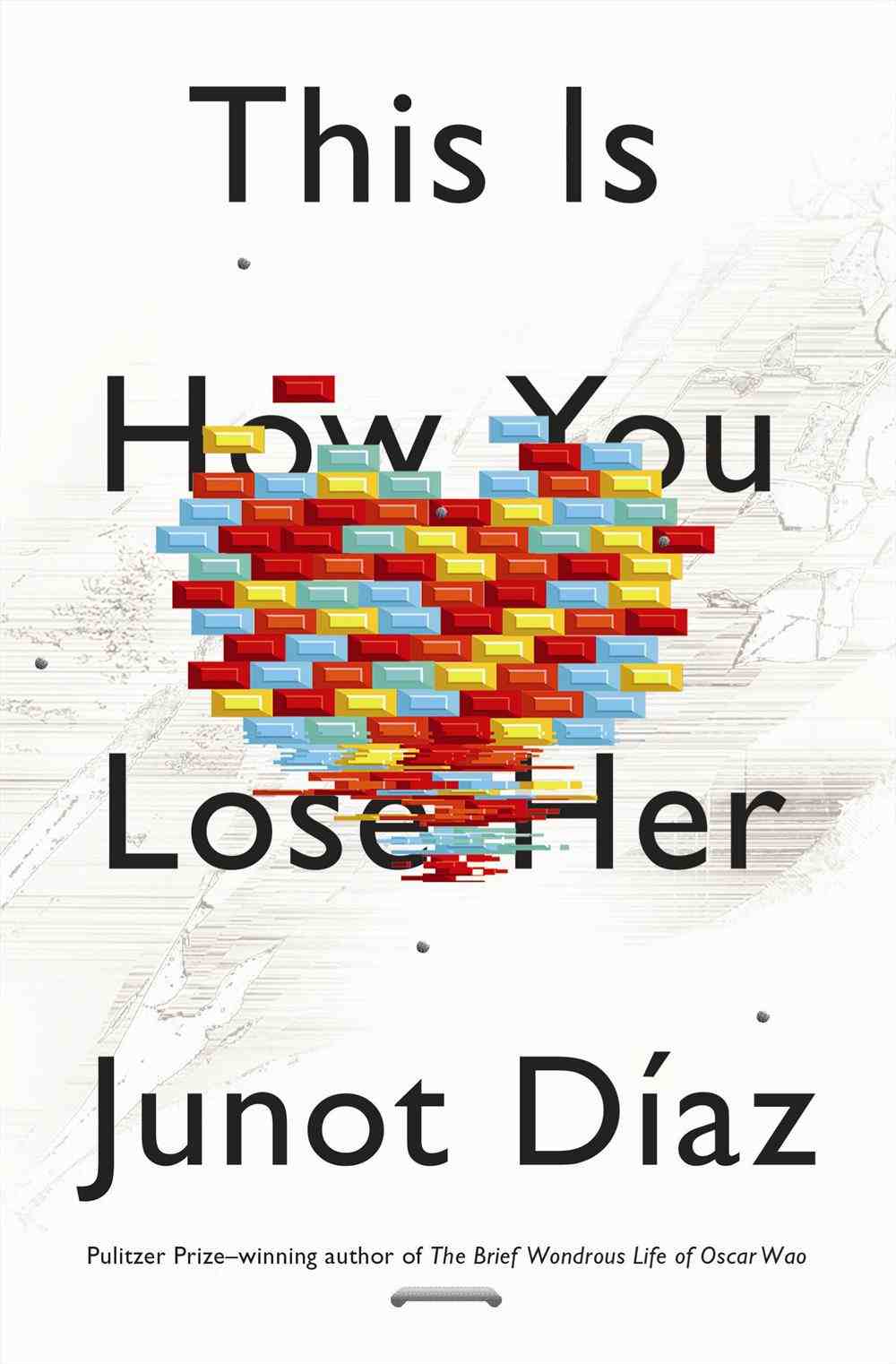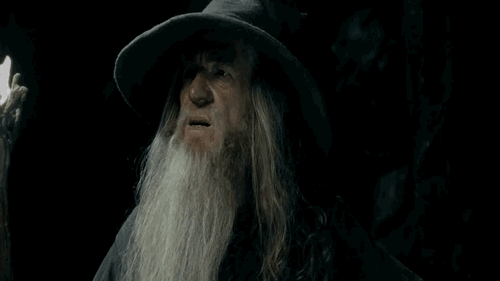 Self-consciousness: A Memoir
Self-consciousness: A Memoir by
John Updike
My rating:
4 of 5 stars
"A life-view by the living can only be provisional. Perspectives are altered by the fact of being drawn; description solidifies the past and creates a gravitational body that wasn’t there before. A background of dark matter—all that is not said—remains, buzzing."
I became determined to hunt down
John Updike's
Self-Consciousness after coming across
this article , and was quite relieved that I managed to locate it at a nearby local library (glad to have avoided the pains of my 3-month search for William Maxwell's
So Long, See you Tomorrow). I was - to put it simply -bummed, therefore, when the first few pages did not immediately suck me in, and resignedly headed back to the library to return it a week after. Bored on the bus, I flipped to around page 28 and by the time I got to the bus stop, I couldn't stop reading it... classic.
The essential self is innocent, and when it tastes its own innocence knows that it lives forever. If we keep utterly still, we can suffer no wear and tear, and will never die.
Self-Consciousness is Updike's memoir, throughout which his life is unfolded to us not via chronological accounts but rather six compelling essays. In each, he explains different reasons for his self-consciousness, without which he - "a boy who loved the average, the daily, the safely hidden" - could not have become a "prolific, adaptable, ruthless-enough writer."
The first essay,
A Soft Spring Night in Shillington, begins with Updike's lost luggage and ends with his "self-conscious" walk around his hometown, Shillington; the next,
At War with My Skin uncovers Updike's long struggle with psoriasis, a skin disease that counted him out of any jobs "that demand being presentable'' yet helped him develop a"thick literary skin" and become a writer. In the third essay,
Getting the Words Out, Updike describes his habit of stuttering and fear of "being misunderstood,"hence his eagerness of getting "the words out." The fourth essay,
On Not Being a Dove, outlines Updike's self-consciousness (and frustration) regarding being named, in the
Times, "the lone American writer 'unequivocally for' the US intervention in Vietnam" and his adolescent teeth pain. The next essay,
A Letter to My Grandsons, I skimmed (more interested in Updike's ideas than his family history), and the final -
On Being a Self Forever - is the most poignantly written, in which Updike writes of his pensées de la mort and what it means to be
a self.
So voilà, through 6 essays Updike has pinpointed the main sources of his self and self-consciousness: his hometown (with the "chilly thrilly taste" of his self), his skin, his stuttering, his teeth, his
self... and he has done so in elegant, freely structured prose. In fact, one of the
best similes I've ever read is presented in
Getting the Words Out, in which Updike describes
"a microphone cowled in black sponge" as
"uptilted like the screened face of a miniature fencer." The picture of him standing on the stage, anxious to stutter, opened up to me.
Updike also discusses his
self-consciousness of being a writer:
As soon as one is aware of being “somebody,” to be watched and listened to with extra interest, input ceases, and the performer goes blind and deaf in his overanimation. [...] Most of the best fiction is written out of early impressions, taken in before the writer became conscious of himself as a writer. The best seeing is done by the hunted and the hunter, the vulnerable and the hungry; the “successful” writer acquires a film over his eyes. His eyes get fat. Self-importance is a thickened, occluding form of self-consciousness. The binge, the fling, the trip – all attempt to shake the film and get back under the dinning-room table, with a child’s beautifully clear eyes.
So we see that Updike has struggled and benefited from self-consciousness all his life. Psoriasis may have sent him running to the sun during summer and his "dread of death" left him distressed, but without them, he would have never been impelled to pursue the "papery self-magnification and immortality of printed reproduction" - writing.
"Do I really want it, this self, these scattered fingerprints on the air, to persist forever, to outlast the atomic universe?" Updike asks in the final essay. He gives us all something to think about.
An illusion of eternal comfort reposes in clubbiness,” he explains, “the assurance that no earthly adventure, from puberty to death, is unprecedented or incapable of being shared and that one's life is thoroughly witnessed and therefore not wasted.
It was potentially terrifying to advance into time - every day, a new newspaper on the porch! - toward death.
Those who scoff at the Christian hope of an afterlife have on their side not only a mass of biological evidence knitting the self-conscious mind tight to the perishing body but a certain moral superiority as well: isn't it terribly, well, selfish, and grotesquely egocentric, to hope for more than our animal walk in the sun, from eager blind infancy through the productive and procreative years into a senescence that, by the laws of biological instinct as well as by the premeditated precepts of stoic virtue, will submit to eternal sleep gracefully? Where, indeed, in the vast spaces disclosed by modern astronomy, would our disembodied spirit go, and, once there, what would it do?
We do find it hard to picture any endlessly sustained condition or activity that would not become as much a torture as live entombment.
If we picture the afterlife at all, it is, heretically, as the escape of something impalpable — the essential “I” — from this corruptible flesh, occurring at the moment of death. . . . The thought of this long wait within the tomb afflicts us with claustrophobia and the fear of being lost forever; where is our self during the long interval? … The idea that we sleep for centuries and centuries without a flicker of dream, while our bodies rot and turn to dust and the very stone marking our graves crumbles to nothing, is virtually as terrifying as annihilation. Every attempt to be specific about the afterlife, to conceive of it in even the most general detail, appalls us.
In fact we do not try to picture the afterlife, nor is it our selves in our nervous tics and optical flecks that we wish to perpetuate; it is the self as the window on the world that we can't bear to thinkof shutting. My mind when I was a boy of ten or eleven sent up its silent scream at the thought of future aeons -- at the thought of the cosmic party going on without me. The yearning for an afterlife is the opposite of selfish: it is love and praise of the world that we are privileged, in this complex interval of light, to witness and experience.
Writing … is an addiction, an illusory release, a presumptuous taming of reality, a way of expressing lightly the unbearable. That we age and leave behind this litter of dead, unrecoverable selves is both unbearable and the commonest thing in the world — it happens to everybody. In the morning light one can write breezily, without the slight acceleration of one’s pulse, about what one cannot contemplate in the dark without turning in panic to God. In the dark one truly feels that immense sliding, that turning of the vast earth into darkness and eternal cold, taking with it all the furniture and scenery, and the bright distractions and warm touches, of our lives. Even the barest earthly facts are unbearably heavy, weighted as they are with our personal death. Writing, in making the world light — in codifying, distorting, prettifying, verbalizing it — approaches blasphemy.
Not only are selves conditional but they die. Each day, we wake slightly altered, and the person we were yesterday is dead. So why, one could say, be afraid of death, when death comes all the time?
Is it not the singularity of life that terrifies us? Is not the decisive difference between comedy and tragedy that tragedy denies us another chance? Shakespeare over and over demonstrates life’s singularity — the irrevocability of our decisions, hasty and even mad though they be. How solemn and huge and deeply pathetic our life does loom in its once-and doneness, how inexorably linear, even though our rotating, revolving planet offers us the cycles of the day and of the year to suggest that existence is intrinsically cyclical, a playful spin, and that there will always be, tomorrow morning or the next, another chance.
View all my reviews
